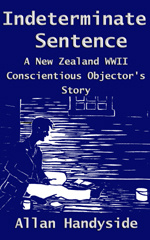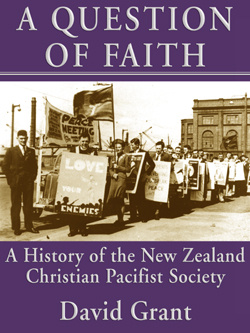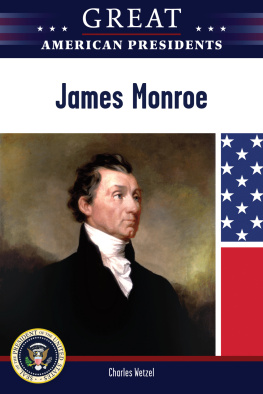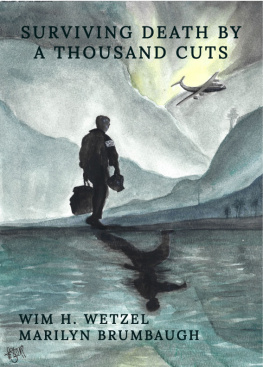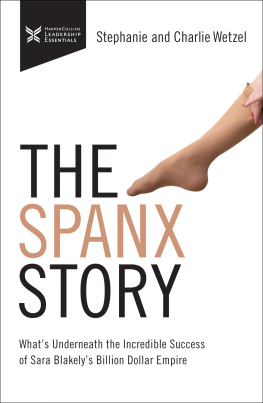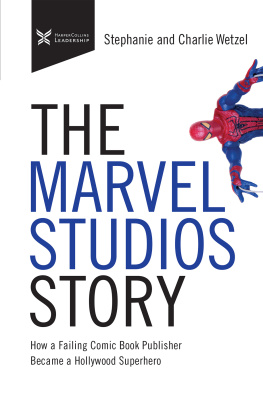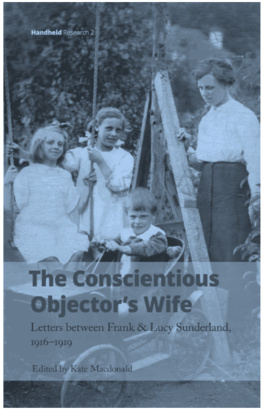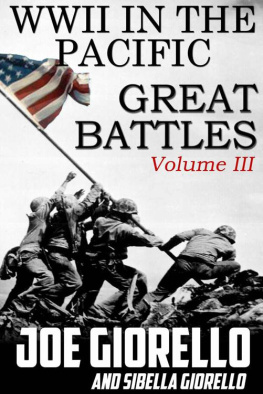PACIFIST
Or, My War And Louis Lepke
being an account of the experiences of a conscientious objector in World War Two, and kindred matters.
being as well some observations on murder generally, my authority in the matter being one Louis Lepke Buchalter, now deceased, once titular head of something called, Murder, Incorporated himself murdered by Tom Dewey, at one time district attorney for the state of New York and subsequent Republican party candidate for president who was defeated by Harry Truman, he being the single man, when murder went big, who could say it yes or say it no, and he said it yes; and, sure enough, more people were murdered at one time then than had ever been murdered at one time anywhere before
being also a malediction
INTRODUCTION
by William Eastlake
As a warrior in the Second World War, I recommend heartily this book which is an attack on all soldiers. I recommend this book because it is the clearest argument on the side of absolute pacifism that I have ever read. My disagreement with Wetzeland I argued this with him many times before I read this bookis that the absolute pacifist has much in common with the absolute warrior. The ideal man in my argument is a pacifist, a pacifist who puts the burden of proof on those who want the war, those who must prove that genocide is taking placeas it was in Nazi Germany when I risked my life to halt the mass murderor that the southern states have attacked Fort Sumter to continue slavery. This non-absolute pacifist stand would have stopped most of Americas wars dead in their tracks. We periodically invade our Latin neighbors to maintain dictatorships. The list of our small wars to kill a Commie for Mommie would fill this page.
The absolute pacifist in Nicaragua would not resist Ronald Reagans war to re-establish United Fruit and the torture chambers of the right-wing dictators. Absolute pacifism worked in Indias triumph against the British, but Adolf Hitler delighted in every pacifist in the Allied ranks and calmly cut off the heads of every pacifist in Germany with no one to stop him until we showed up to rescue the pacifists and the Jews who were left.
I was a warrior, but not an absolute warrior. I am a pacifist, but not an absolute pacifist. But dont settle for my argument. Read this book. Read this book and find a clear, concise, well-written protest not only as an argument for absolute pacifism but also for what it was like for those few like Wetzel who had the courage of their beliefs to not only suffer public ostracism but also to suffer the hell of prison which was full of flag-waving patriots, some of whom would delight in shoving a knife into an un-American draft-dodger.
It was easy for those of us who marched off to war to the plaudits of the mob; it was tough on those who marched off to prison to the hiss of the crowd.
What Wetzel doesnt realizeand it was certainly a surprise to mewas that we had conscientious objectors in the armyperhaps late bloomers. When I got in the army the military minds did not know what to do with me and put me in the military police. There I was finally put in charge of a stockade in Camp White, Oregon. One of my duties was to supervise the firing of the cannon and lowering the headquarters flag at sunset. We did this with prisoners, but there was always the risk of my prisoners escaping. We had six or seven Quakers or Seventh-Day Adventists in the stockade. How they got in the army I dont know. They were supposed to be sent off to some kind of work camp or prison like Wetzels early camp, but somehow they were in the army. I tried to get them to do the flag ceremony because I knew they would not try to escape, but like Wetzelwho refused at first to take any prison orders and refused to sweep out his cellmy prisoners refused to lower the flag and fire the cannon. I told them it was a blank cartridge, that they werent killing anybody, but they still refused to take part in any war ceremony. I never did convince them, but one day one of the objectors came up to me and said they would do as I requested, but only as a favor to me because I had taken their side when they were attacked by the patriotic prisoners.
In the infantry we kill out of fear and become heroes out of despair. Army life is 99% boredom and one percent terror. Wetzels prison life seems also to have been 99% boredom, and that one percent terror must have come from the sadistic guard or the psychopathic inmate. All in all, I think that Wetzel would have been surprised at the similarity between prison and the army. Some of us were occasionally shot at by the enemy, the Nazis, and some of the men in prison were occasionally shot at by their enemy, the guards.
But the prime value of Wetzels book is the writing. Many go to prison, but few can write. In a sense, prison was a boon to Wetzel, much like the aristocrat under Louis the Fourteenth who asked for the ambassadorship to Spain. If, Louis replied, you learn Spanish. When the aristocrat, studying hard, finally learned Spanish, Louis told him France was at war with Spain and no ambassador would be sent. But rejoice, because now you will have the great privilege of being able to read Cervantes Don Quixote in the original. Wetzel discovered William Faulkner in prison. Wetzel, too, was from the South. If Faulkner could write so well and beautifully about the South, Wetzel would give it a try. If Wetzel had gone into the army instead of to prison, he might have discovered a bullet instead of Faulkner, or if he had gone in the army he might today be a big bag of wind heading an American Legion post in Mobile, Alabama. Instead, Wetzel is one of our better writers with many excellent books behind him, written about Faulkners South but with Wetzels unique style. I want to particularly recommend his novel, The Rain and the Fire and the Will of God.
I do not know how this book will be received by the public. If we are in a war mood and about to invade Central America after our great victory in Grenada with everyone hanging out more flags, then the publication date will have been poorly timed. No matter. It is a publishers responsibility to print those books that he feels have both literary and meaningful content despite the protests of the morally retarded Moral Majority. Despite the caveat of those like myself who are not absolute pacifists.
Againthis book will be read and appreciated not only for what Wetzel says, but how he says it. There will be thousands of prison books, as there will be thousands of war books, but only a few will be around a hundred years from now, and that is the only test of any book. I believe this book of Wetzels will make it into the next century and the next. Into the next if there is a next.
Wetzel was in prison before the atom bomb. Once we could have a big war with big profits and big death and then have another. But without some form of pacifism sweeping the White House and the Kremlin, the next war will be the last. Wetzels book, which has the courage to say so, may have some small influence in arresting our inexorable drift to that final war. So this book can be read for its moral value as well as a surrogate opportunity to experience what its like to serve hard time in a tough federal prison and meet the head of Murder Incorporated who was one of Wetzels intimates, and follow Wetzel in the deadly routine of prisonnot life, but existence.


